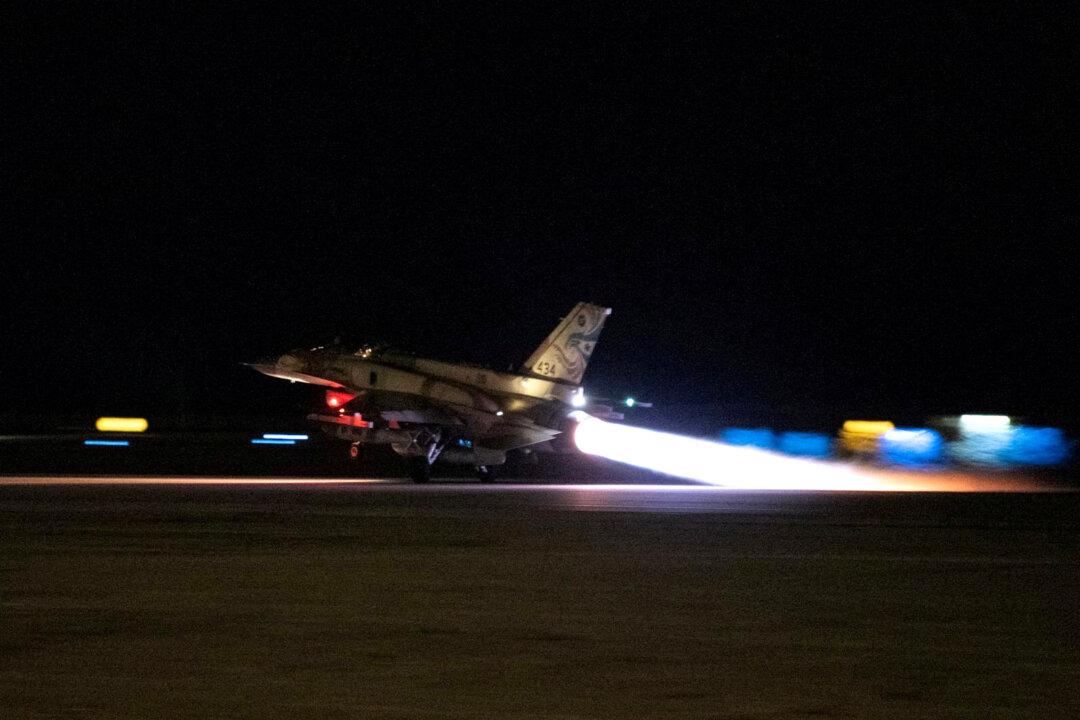The Israel Defense Forces (IDF) said Friday that 140 rockets were fired into Israeli territory from Lebanon on Sept. 20 after Israeli airstrikes on targets of the Hezbollah terrorist group in southern Lebanon.
The IDF said that 120 rockets were launched from Lebanon, triggering sirens in the areas of the Golan Heights, Safed, and the Upper Galilee. Some of the rockets were intercepted by Israel’s air defense system.





